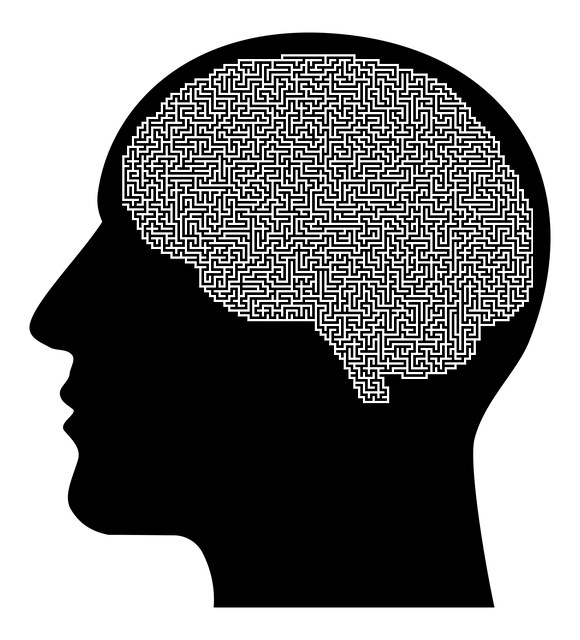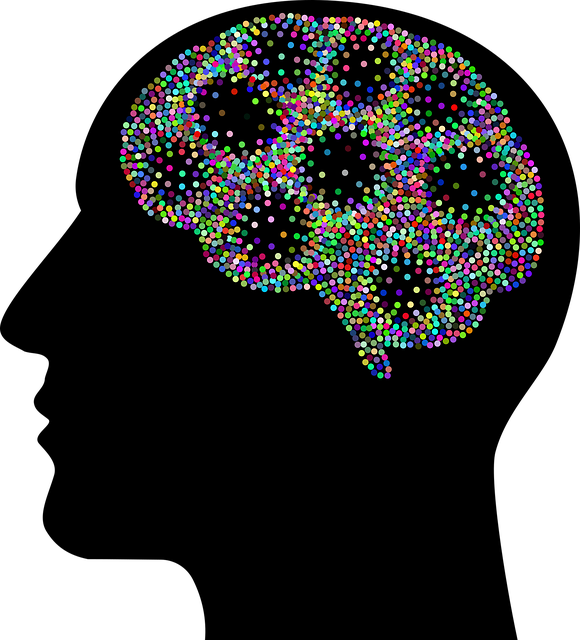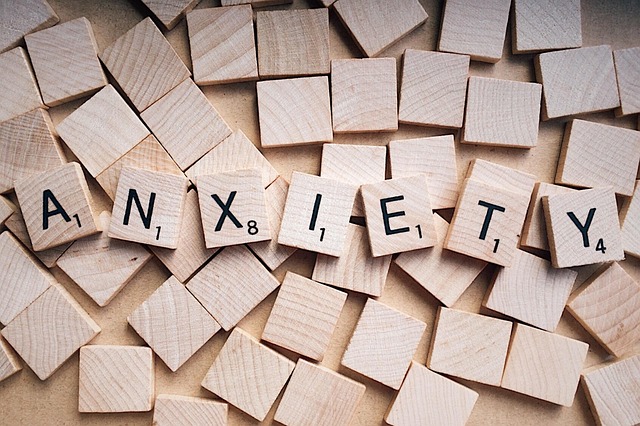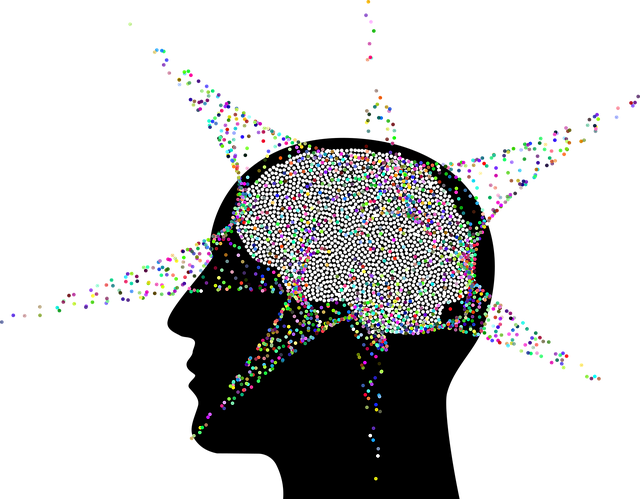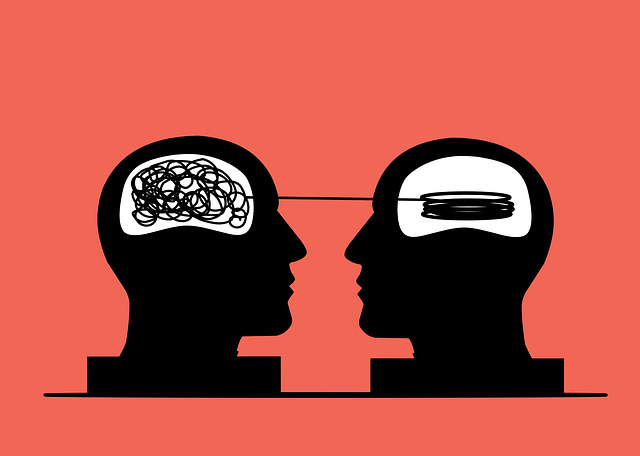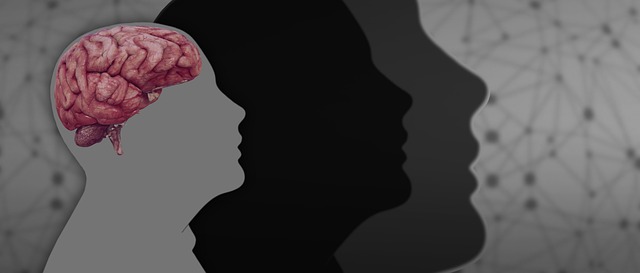The stigma around mental illness hinders access to treatment, including alternative approaches like Lafayette Somatic Experiencing Therapy (LET). This societal issue is addressed through community outreach programs and mindset shifts, aiming to educate, bust myths, and foster understanding. LSET merges mind and body therapies, utilizing somatics to promote emotional healing, especially for diverse cultural contexts. A holistic strategy that includes stress reduction and self-care coaching empowers individuals to manage their mental health holistically, contributing to a more stigma-free society and resilient communities that support overall well-being.
Mental illness stigma significantly hinders individuals from seeking help, leading to exacerbation of symptoms and decreased quality of life. This article delves into strategies aimed at reducing mental health stigma, focusing on innovative approaches like Lafayette Somatic Experiencing Therapy (LSE). We explore LSE’s unique method in combating stigma, alongside effective community-based strategies to foster understanding and acceptance, ultimately advocating for better mental well-being.
- Understanding Stigma and its Impact on Mental Health
- Lafayette Somatic Experiencing Therapy: A Novel Approach to Combat Stigma
- Strategies for Effective Stigma Reduction in the Community
Understanding Stigma and its Impact on Mental Health

Stigma surrounding mental illness is a pervasive issue that significantly impacts an individual’s quality of life and willingness to seek help. It often manifests as negative attitudes, beliefs, and behaviors toward those experiencing psychological disorders. This societal stigma can lead to discrimination, isolation, and reduced access to essential mental health resources, creating a barrier for individuals in need. In extreme cases, it may even deter people from disclosing their struggles, fearing rejection or judgment. For instance, the experiences of someone undergoing Lafayette Somatic Experiencing Therapy (LET) could be complicated by societal stigma, making it challenging to maintain motivation and commitment to the healing process.
Addressing mental illness stigma is crucial for fostering a supportive environment where individuals feel empowered to prioritize their well-being. Community Outreach Program Implementation can play a pivotal role in this effort by educating communities about mental health, dispelling myths, and promoting understanding. The Mind Over Matter Principles, which emphasize the power of mindset shifts, can also be leveraged to encourage empathy and compassion. Through these efforts, Mental Illness Stigma Reduction Efforts can lead to more individuals, including those engaging in alternative therapies like LET, feeling accepted and encouraged to pursue treatment without fear of judgment or discrimination.
Lafayette Somatic Experiencing Therapy: A Novel Approach to Combat Stigma

Lafayette Somatic Experiencing Therapy (LSET) offers a novel approach to combat mental illness stigma by focusing on the interconnectedness of mind and body. This therapeutic method, developed in response to the growing need for effective crisis intervention guidance, emphasizes somatics—the body’s physical responses to trauma or stress—to facilitate emotional healing. By integrating this understanding into traditional talk therapy, LSET aims to reduce the stigma associated with mental health issues.
Healthcare provider cultural competency training is a key component of LSET’s strategy. It equips professionals with the knowledge and skills to address diverse client needs, ensuring that mental health education programs design are inclusive and sensitive to various cultural contexts. This holistic approach not only enhances the effectiveness of care but also fosters an environment where individuals feel safe to seek help without fear of judgment or discrimination, ultimately contributing to a more stigma-free society.
Strategies for Effective Stigma Reduction in the Community

Stigma reduction efforts require a multifaceted approach to create a supportive community for those dealing with mental illness. One effective strategy is education and awareness programs that dispel myths and misconceptions surrounding mental health issues. These initiatives can involve workshops, seminars, and community events led by professionals like therapists and counselors who offer insights into various conditions and successful treatment methods, such as Lafayette Somatic Experiencing Therapy. Encouraging open conversations about mental wellness in schools, workplaces, and social gatherings helps normalize these discussions, fostering empathy and understanding.
Additionally, integrating stress reduction methods, like mindfulness practices and relaxation techniques, into community programs can significantly contribute to stigma reduction. Mental wellness coaching programs development focused on promoting self-care and resilience can empower individuals to take charge of their mental health. Encouraging a holistic approach to well-being that includes physical activity, healthy eating, and adequate sleep alongside mood management strategies further supports building resilient communities.
Mental illness stigma reduction is a multifaceted endeavor, requiring both individual and collective efforts. By understanding the profound impact of stigma on mental health, we can begin to dispel myths and foster empathy. Lafayette Somatic Experiencing Therapy offers a promising novel approach, focusing on embodied experiences to challenge stigma at its core. Community-based strategies, such as education, advocacy, and supportive environments, play a crucial role in further reducing the societal barriers faced by those with mental health challenges. Together, these efforts can create a more inclusive and supportive society where everyone has access to the care they need without fear of judgment.
